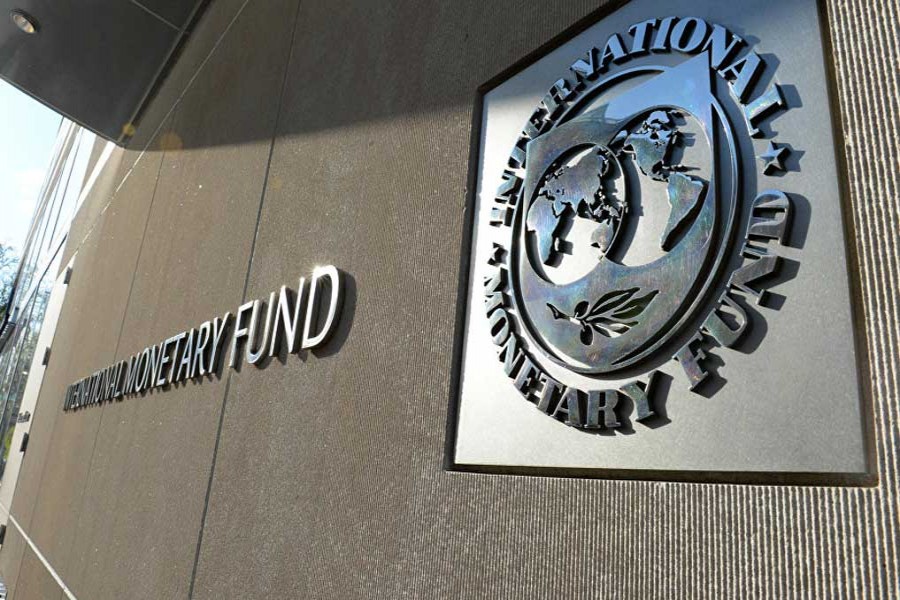Mr Ragnar Gudmundsson, the Resident Representative of the International Monetary Fund (IMF) in Dhaka has raised quite a number of issues in a column of The Financial Express last Wednesday. IMF being an important partner in South Asian developmental journey its comments merit instant attention of the policy makers. Mr Gudmundsson's observations on a broad South Asian canvas give adequate space to Bangladesh signifying an increasingly important role the latter plays in the developmental landscape. The issues he raised pertaining to Bangladesh are positive in nature and constructive in recommendations. At the same time they demand a degree of introspection. If not for any other thing, this country is only a decade and a half away from reaching the peak of the 'demographic dividend'; and this leaves a mere fifteen years to put the house in order and on a sustained path of reform and good governance. Reform and governance should cater to all conceivable issues, such as fighting corruption, establishment of an independent judiciary, ushering in elective reforms and acceptability.
The demographic trend of the region as well as that of Bangladesh has been given extra importance in the IMF paper. For Bangladesh, the `demographic dividend' as it is called is projected to reach the peak around the mid thirties of this century. Once the slide after the peak gets started (one very much hopes not), there may be no stopping it. There will be not many options available. Bangladesh must ask itself whether it can sit atop an ageing population enjoying the fruits of a huge productive economy as has been the case with such countries as Germany, Japan or the Scandinavians. The IMF resident representative seems to hit the nail on its head arguing that Bangladesh's efforts should centre on improving access to secondary and vocational education, increasing the participation of women in the labour force, and enhancing the coverage and effectiveness of social protection mechanisms. The imperative needs for preparations to meet the challenges of the 21st century do include investing in human capital, skill diversification and enhancement, embracing the large informal sector, strengthening women's empowerment and supportive actions for utilisation and engagement of the youth power along constructive, innovative lines.
The quest for good governance is another of IMF's top-listed agenda. Every citizen in this country craves for it. If good governance is not ensured in Bangladesh, FDI inflow will be deterred, whatever is the number of economic zones (one hundred as is known now) with however simple rules created to garner it! Although good people are working in the FDI arena, more has to be done in a fiercely competitive scramble for the FDIs. Vietnam may be a good model and efforts must be made to catch up with it in tourism and in attracting FDI with the huge untapped potential in both areas. Besides, infrastructure will have to be upgraded as it is being done now but admittedly most of the big projects have fallen behind the clock. The whole of the envisioned transformative process will have to be expedited.


